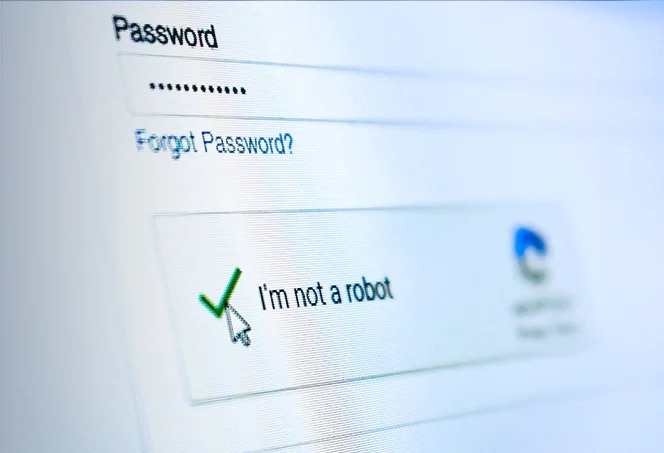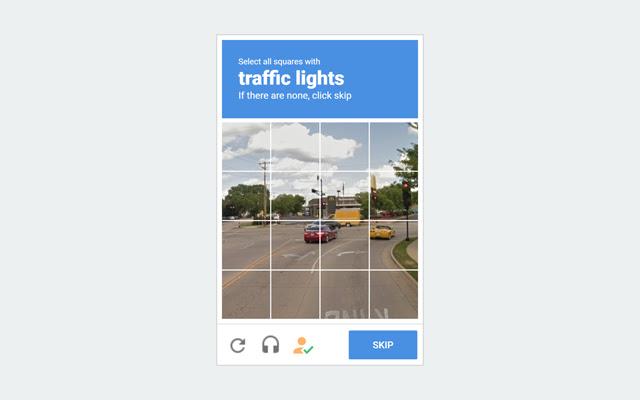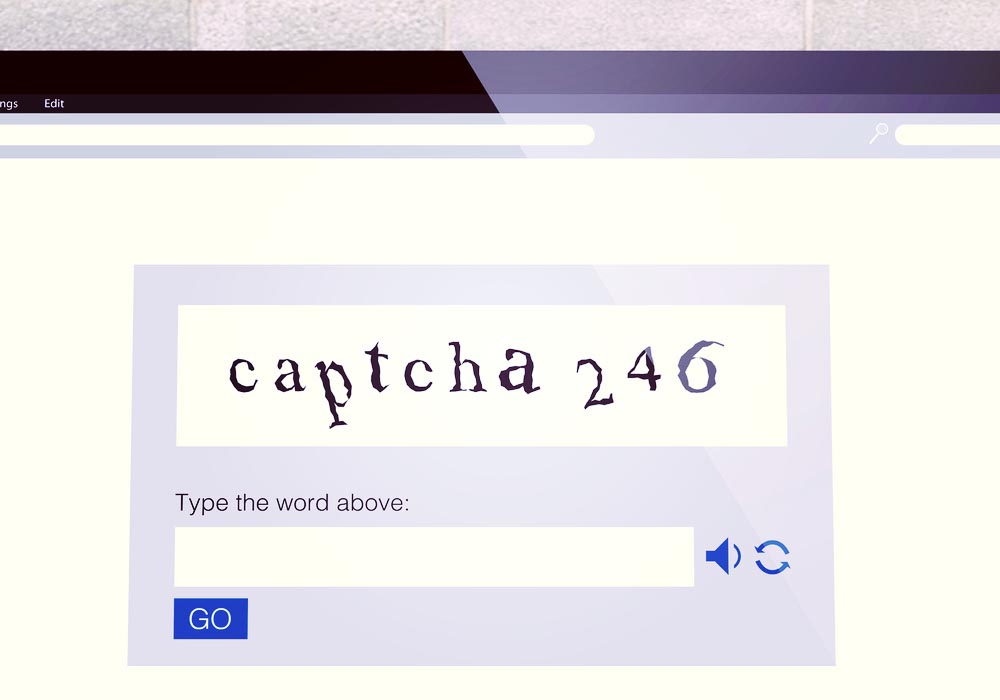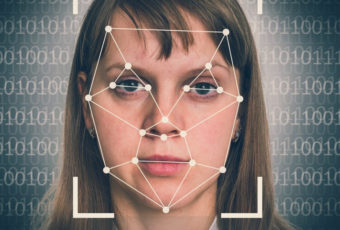
Enhancing Security Against Bots And Automated Attacks
Enhancing Security Against Bots and Automated Attacks
Human-identifying puzzles play a crucial role in differentiating between genuine human users and automated scripts, commonly used by hackers for spamming, data scraping, and other illicit activities. By requiring users to solve puzzles that are easy for humans but challenging for automated programs, websites can effectively block unauthorized access attempts and prevent bots from exploiting vulnerabilities.
Guarding Against Account Takeovers and Fraud
One of the primary reasons for the implementation of these puzzles is to prevent unauthorized access to user accounts. Cybercriminals often employ automated tools to launch brute force attacks, attempting to guess passwords and gain control over accounts. Human-identifying puzzles create an additional layer of defense, deterring attackers from succeeding and minimizing the risk of data breaches and identity theft.

Guarding Against Account Takeovers And Fraud
Mitigating Denial-of-Service (DoS) Attacks
Denial-of-Service attacks, which overwhelm websites with an influx of traffic, can cripple online services and disrupt user experiences. Human-identifying puzzles act as a buffer against such attacks by making it difficult for automated bots to access websites en masse. This helps maintain website performance and ensures that legitimate users can continue to access resources smoothly.
Safeguarding Data Privacy
Certain websites and online services require users to provide sensitive personal information. Implementing human-identifying puzzles can help verify that users are genuinely interacting with these platforms, protecting the privacy of sensitive data and reducing the risk of unauthorized access to personal information.

Workspace With Captcha
Preserving the Quality of Online Interactions
By preventing automated spam and malicious activities, human-identifying puzzles contribute to maintaining the quality of online interactions. Users are less likely to encounter irrelevant or harmful content, enhancing their overall experience on websites and fostering a safer and more enjoyable online environment.
Educating Users About Security
The presence of human-identifying puzzles also serves as a reminder to users about the importance of online security. When users encounter these puzzles, it underscores the ongoing battle against cyber threats and encourages them to be more vigilant and cautious while browsing the web.

Educating Users About Security







